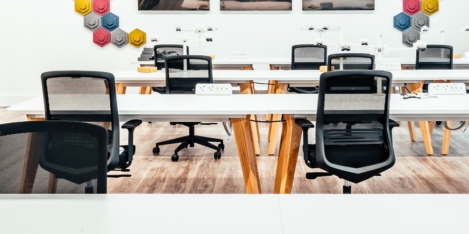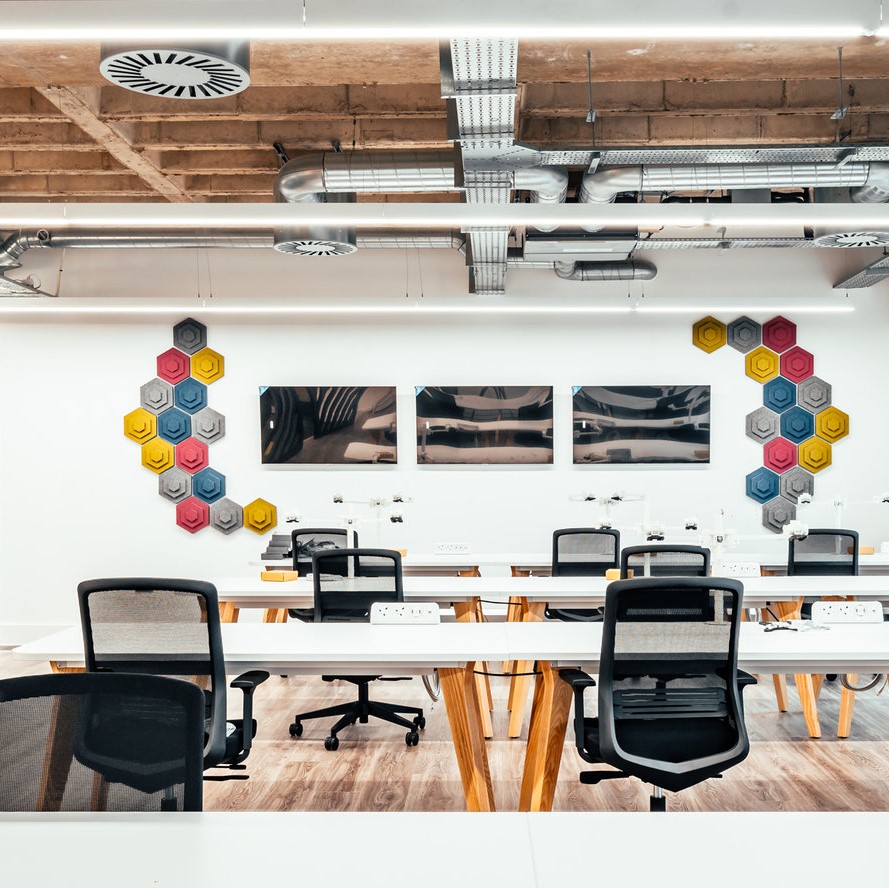July 5, 2019
Four day week makes business sense, claims Henley report
 A four day working week could save UK businesses an estimated £104 billion annually, while improving productivity and their environmental performance according to new research from Henley Business School. The research claims that a shorter working week on the same pay could add to businesses’ bottom lines through increased staff productivity and an uplift in staff physical and mental health, whilst also resulting in a cleaner environmental footprint. Henley’s ‘Four Better or Four Worse?’ white paper exploring the issue claims that of those businesses who have already adopted a four day week, nearly two-thirds (64 percent) have reported improvements in staff productivity. (more…)
A four day working week could save UK businesses an estimated £104 billion annually, while improving productivity and their environmental performance according to new research from Henley Business School. The research claims that a shorter working week on the same pay could add to businesses’ bottom lines through increased staff productivity and an uplift in staff physical and mental health, whilst also resulting in a cleaner environmental footprint. Henley’s ‘Four Better or Four Worse?’ white paper exploring the issue claims that of those businesses who have already adopted a four day week, nearly two-thirds (64 percent) have reported improvements in staff productivity. (more…)













 New results from Wildgoose’s
New results from Wildgoose’s 








 Today, the
Today, the 












June 11, 2019
Moving the wellbeing debate beyond a fixation on stress
by Matt Weston • Comment, Wellbeing
(more…)